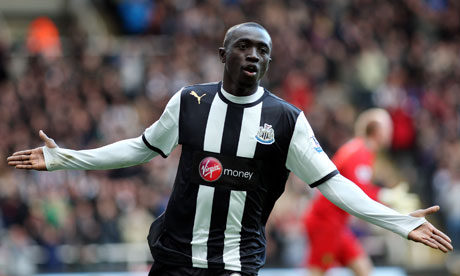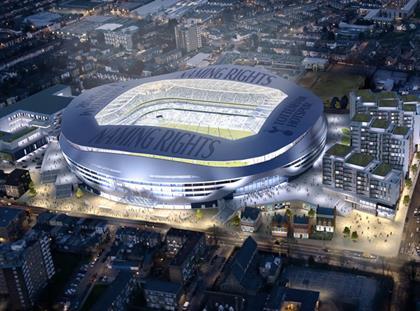In the last two weeks several young lads from Football Beyond Borders (FBB) and Youth Futures (YF) journeyed to Selhurst Park stadium, home of Crystal Palace FC. We withheld the urge to race out onto the pitch, dummy round in invisible keeper, dink it in and follow up with the most ridiculous celebration ideas in front of an imaginary crowd; instead we set our minds to the more immediate task at hand. Active Communities Network, together with the Rio Ferdinand Foundation, had funded us to undertake their 1st4Sport 'Using Sport to Tackle Youth Crime' coaching and mentoring session. The QFC course itself was conducted over 8 days, with fieldwork assignments to be completed in the interim period between Mondays.
It was a great experience working with such a diverse and interesting group of people, formulating ideas, conducting in-depth discussions across a broad age range about issues within our society that affect and direct the thought and action of young people today. We had a laugh sharing ideas, especially enjoying the role play, building lines of solidarity and empathy. The course itself was a sharing experience and further developed my understanding of the issues that face disaffected youth in deprived areas on a daily basis.
Our discussions ranged from the daily reality of racism for deprived black youth, the impact of draconian policing, materialism and conspicuous consumption, to the positive values of difference and diversity, equality and most of all, respect. We also explored mentoring and the practicalities of life within that. Michael Nyarko and Richard Leahey, our coaches for the course, facilitated an interactive educational and bonding process. Michael himself noted that what was so different to his usual sessions was that our group traversed a wide age range, from 16 through to 26, making for a series of intergenerational discussions that proved particularly enlightening. We were all together to learn, beyond borders.
Our discussions ranged from the daily reality of racism for deprived black youth, the impact of draconian policing, materialism and conspicuous consumption, to the positive values of difference and diversity, equality and most of all, respect. We also explored mentoring and the practicalities of life within that. Michael Nyarko and Richard Leahey, our coaches for the course, facilitated an interactive educational and bonding process. Michael himself noted that what was so different to his usual sessions was that our group traversed a wide age range, from 16 through to 26, making for a series of intergenerational discussions that proved particularly enlightening. We were all together to learn, beyond borders.
“Normally we'd have a group of mentors, a group of freshmen, a group of young people, we very rarely have them mixed together, so I think for us, the learning process indicates that we should do more things like this, there is a chance for more shared learning.” (Michael Nyarko)
All of us walked away from Selhurst Park feeling like we had learned so much. By mixing up the groups regularly Michael enabled everyone to work together in different formats, hear new voices and get to know the group. Jasper Kain from FBB praised their coaching methods, “[they've] delivered some top quality coaching which has come at a perfect time for us which I know we're all going to take back now and I think its been a real asset for what we're going to do moving forward.”
All of us walked away from Selhurst Park feeling like we had learned so much. By mixing up the groups regularly Michael enabled everyone to work together in different formats, hear new voices and get to know the group. Jasper Kain from FBB praised their coaching methods, “[they've] delivered some top quality coaching which has come at a perfect time for us which I know we're all going to take back now and I think its been a real asset for what we're going to do moving forward.”
For our fieldwork assignment, I travelled down to Camberwell to meet youth worker Joseph Duncan and some of the Youth Futures guys to conduct a football coaching session with the younger kids on the Wyndham Estate. After introducing us to everyone and making me feel welcome, we rounded up all who would play and got a 5-a-side game going on a small patch of concrete just next to the old Synergy community centre – jumpers and a ball, what else do you need? It reminded me of playing up at Alexandra Palace during my summer holidays from school. The kids were fantastic, one in particular scoring 4 goals for our team and ensuring a 7-2 victory!
I would like to thank the Camberwell community for receiving us, and the kids for a great game. I'd also like to thank Michael and Richard and the rest of the Active Communities Network, the Rio Ferdinand Foundation, Football Beyond Borders and most of all, Youth Futures, all of whom gifted me with an amazing opportunity to meet some inspiring new people and gain some useful skills.
“Take what you have learned collectively, and try and use it, the only way you can really use it is to get outside into those places and make sure you use it effectively. You have the potential to be great youth workers, leaders, mentors, coaches, tutors, teachers; whatever you choose to be. Go and make a change out there. I'm sure you all will.” (Michael Nyarko)









